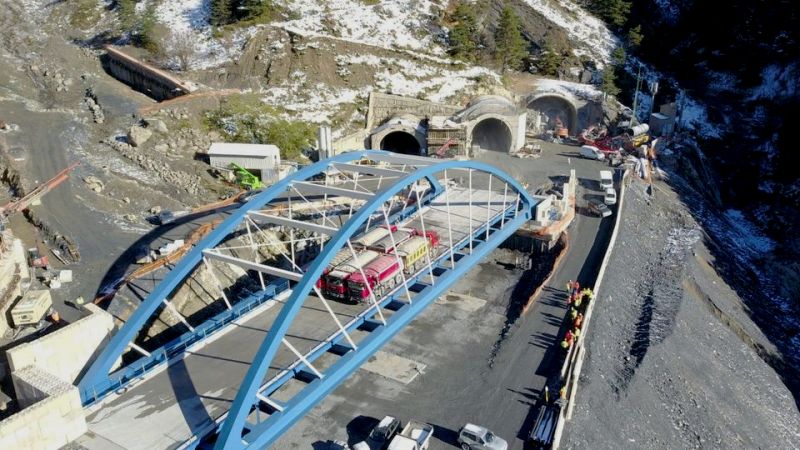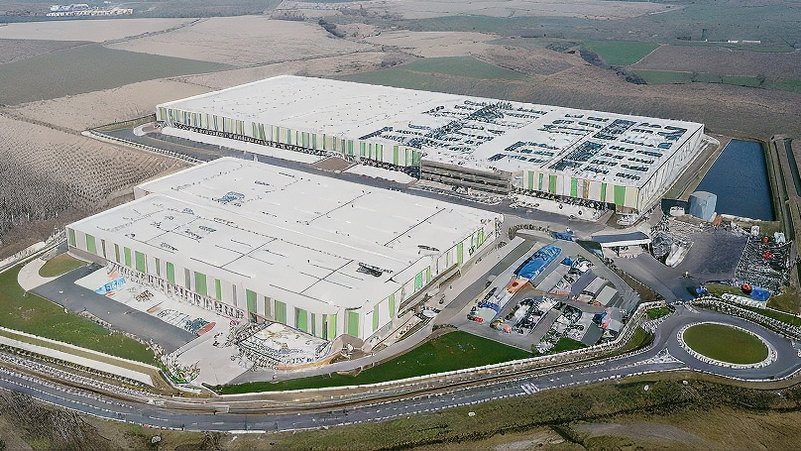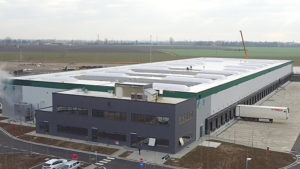Logistics remains a fundamental pillar of the Italian real estate market, showcasing resilience and dynamism even in 2023, a year marked by a complex macroeconomic context. This data comes from the ninth edition of the Real Estate Data Hub, analyzed by the Study Centers of RE/Max Italy, Avalon Real Estate, and the 24Max Research Office. The report highlights that in 2023, the logistics sector absorbed investments of nearly 1.7 billion euros, accounting for 27% of the total market volume, thus consolidating itself as the main asset class of the real estate sector in Italy. The strong impulse comes from the growing demand in the e-commerce sector, which requires increasingly efficient supply chain management to meet the need for rapid deliveries.
The sector has shown particular vitality in responding to new market demands, adapting quickly and facilitating the saturation of existing properties with a demand that continues to exceed supply. This has pushed headline rents upwards, a trend expected to continue into 2024, especially in segments related to last-mile deliveries. This growth is mainly driven by the pharmaceutical, food, and manufacturing sectors.
Sustainability and technological innovation, particularly the use of artificial intelligence and automation, dominate the logistics landscape, transforming the sector into a model of efficiency and reduced environmental impact. The trend of green logistics has emerged strongly, with an increase in investments in solutions that reduce carbon emissions and improve property performance, reflecting an increase in rental rates.
The report also offers a look at regional dynamics, highlighting how Milan, Rome, and Bologna continue to be the cities of greatest interest for investments in the logistics sector, while a new chapter opens for Southern Italy. This area, despite challenges related to less developed infrastructure and a less fervent economic dynamic, offers unique opportunities, thanks to its strategic ports (like Naples, Bari, and Gioia Tauro) and the increasing presence of e-commerce. Specifically, in Campania, the demand for logistics spaces is on the rise and predominantly targets green properties. It should be noted that nationally, only 15% of logistics platforms are green, and this percentage further decreases in the South.
In the north-central region, Milan confirms its positive trend, continuing to be the preferred location for investments. The value of prime rent in the Milan metropolitan area and surrounding areas has remained stable. As for traditional logistics setups, the prime net yield stands at around 5.50%, consolidating a stabilization of net returns throughout 2023.
In the metropolitan area of Rome, there is an increasing demand for spaces and an urgent need to integrate the existing stock. The crucial areas for logistics are concentrated in hubs near the large orbital road. The supply is barely sufficient to meet the demand, with an occupancy rate approaching 100%. Rents for traditional logistics and last-mile logistics remained constant in the second half of 2023, around 65 and 105 euros per square meter per year, respectively.
Bologna, with its strategic geographical location in the heart of northern Italy, represents a fundamental node for freight transport in the region. Thanks to its proximity to highways and railway lines and the presence of the international airport, the city stands out as a crucial point for storage and transport activities. Rents for Grade A properties touch 64 euros per square meter per year, while the average selling price from listings in the province of Bologna is 596 euros per square meter.
In the south, Palermo, Messina, and Catania emerge as the main logistics centers of Sicily thanks to their strategic position in the island's transport infrastructure, representing crucial nodes in the network of land, sea, and air connections. The logistics market in the region is predominantly characterized by the work of local investors, not yet having attracted interest from institutional investors. In Palermo, hubs are located near the two main roads, with a scarce to non-existent supply. The Real Estate Data Hub concludes that further growth in the logistics sector is expected for 2024, supported by strong demand and the adoption of advanced technologies.



































































